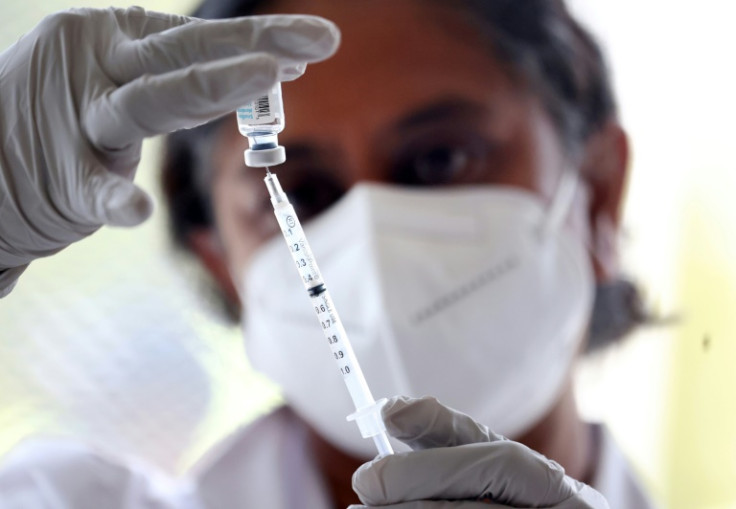
The African Union's health watchdog on Tuesday declared a public health emergency over the growing mpox outbreak on the continent, saying the move is a "clarion call for action".
The outbreak has swept through several African countries, particularly the Democratic Republic of Congo, where the virus was first discovered in humans in 1970.
"With a heavy heart but with an unyielding commitment to our people, to our African citizens, we declare mpox as public health emergency of continental security," Jean Kaseya, head of the Africa Centres for Disease Control and Prevention (Africa CDC), said during an online media briefing.
"Mpox has now crossed borders, affecting thousands across our continent, families have been torn apart and the pain and suffering have touched every corner of our continent," he said.
According to CDC data as of August 4, there had been 38,465 cases of mpox and 1,456 deaths in Africa since January 2022.
"This declaration is not merely a formality, it is a clarion call to action. It is a recognition that we can no longer afford to be reactive. We must be proactive and aggressive in our efforts to contain and eliminate this threat," said Kaseya.
It is the first time the Addis Ababa-headquartered agency is using the continental security power it was given in 2022.
The decision is expected to help to mobilise money and other resources early in any efforts to halt the spread of disease.
CDC's announcement on Tuesday comes ahead of a meeting of the World Health Organization's emergency committee on August 14 to decide whether to trigger a public health emergency of international concern (PHEIC) -- the highest alarm the WHO can sound.
"What we are declaring today can be complemented by the action WHO can take," Kaseya said.
In May 2022, mpox infections surged worldwide, mostly affecting gay and bisexual men, due to the Clade IIb subclade.
That led the WHO to declare a PHEIC, which lasted from July 2022 to May 2023. The outbreak caused some 140 deaths out of around 90,000 cases.
Formerly known as monkeypox, mpox is an infectious disease caused by a virus transmitted to humans by infected animals but can also be passed from human to human through close physical contact.
The disease causes fever, muscular aches and large boil-like skin lesions.
There are two subtypes of the virus: the more virulent and deadlier Clade I, endemic in the Congo Basin in central Africa; and Clade II, endemic in West Africa.
The cases that have been surging in the DRC since September 2023 are due to a different strain: the Clade Ib subclade.
A PHEIC has been declared by the WHO seven times since 2009: over H1N1 swine flu, poliovirus, Ebola, Zika virus, Ebola again, Covid-19 and mpox.







